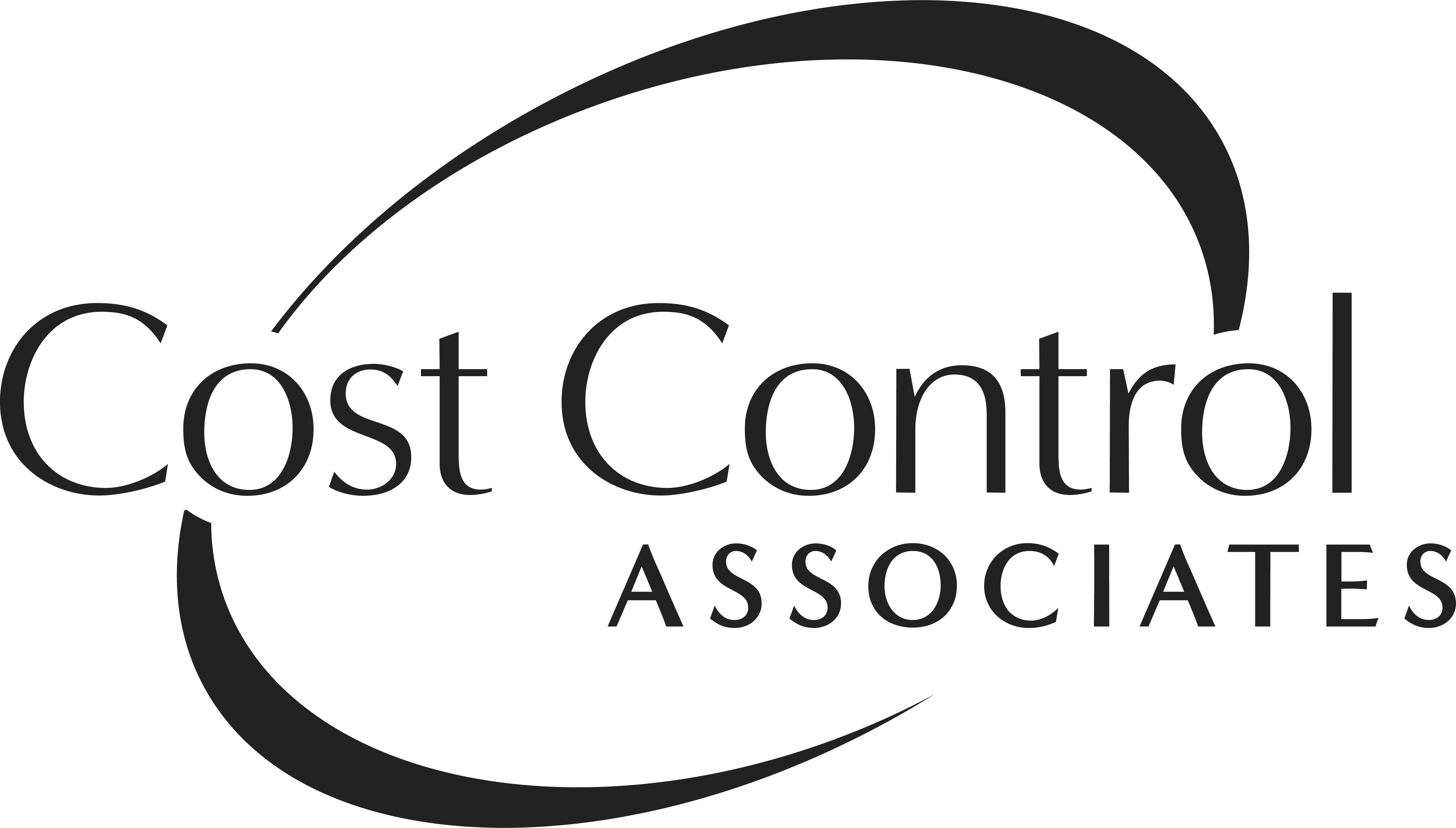Utility Cost Reduction in the COVID World

Reduced revenue leads to sluggish cash flow, and that makes it harder to pay the bills. The money you find through better utility expense management can help shore up other aspects of your organization. We asked utilities expense expert Keith Laake why now is the ideal time to look at utility cost reduction in the COVID-19 world.
Look for Cost Reduction Opportunities Now
With so many other things to worry about, why would my organization take a closer look at utility and telecom costs now?
The current fiscal situation makes this a prime time to examine overhead expenses to see where your organization can cut costs. Because utility and telecom costs can represent a large share of operating budgets, it’s a great place to start.
For a company that currently finds itself short-staffed and/or busier than ever, how can we possibly add another project to the list?
It is different for each organization, but a lot of managers find they have extra time on their hands because other job responsibilities are dormant right now. You can use that time to reduce overhead by taking a closer look at indirect expenses such as utilities and telecom.
Even for those organizations that are especially busy, it doesn’t take a lot of time to work with a third-party utility management company, but it can result in substantial pay-offs. Gathering the billing data is the largest part of a client’s time investment. If all invoices are saved as images, it is much easier. Organizations using a data management/utility bill processing company already have the data captured in their accounting or management system.
My organization is already using less utilities, because our business has cut hours or most of our employees are working from home. Does it make sense to look at my costs and usage now, or should I wait until things are closer to normal and everyone is back on board?
If your business has temporarily closed its doors or slowed operations and furloughed employees, your utility usage—and therefore costs—will be down during these months. As businesses start back up, usage will increase, but your time available to work on special projects may shrink. When operations return to normal, wouldn’t it be nice to know you had done everything you could to pay less for the utilities you need to get up and running again?
Sizing Up the Savings
My employees are working from home where they use their own electricity, heating and cooling, phones and internet. If a portion of them continues to work from home permanently, won’t that decrease the costs of my utility services, anyway?
Yes, absolutely, but electricity is probably your biggest cost, and you should know that there are two main components to your costs. You not only pay a usage charge per kilowatt hour but most businesses also pay a peak “demand charge.” Peak demand is your heaviest use of power within a certain timeframe such as the moment when all the lights in your building go on or a large piece of machinery starts up. Your utility provider needs to allow for and deliver power for that spike in usage, but you pay a demand charge for the favor.
Your temporarily quiet building may be using less energy, but you are also running compressors, HVAC and other systems that protect and preserve your facility. Those systems come on, even when no one is there, and they will cause a spike in your demand. Demand charges can be 30-70% of your overall electricity bill, so you may be paying more than you think.
I have a good relationship with our utility and telecom providers and have relied on them for years. If I didn’t worry about those costs before, why should I worry about them now?
Our objective is to help you reduce costs by working directly with your current providers, so your relationships will continue uninterrupted. However, if you haven’t taken a good look at those costs in a long time, there are likely opportunities to save. Our findings are generally larger when we work with clients who haven’t been overly concerned with those costs and charges.
If I hire a utilities consultant, won’t I end up spending more instead of less?
It is a rare case when the money we save doesn’t recoup the cost of our fees within a year and usually less.
If we were to work with a utility management company, what kind of money can we expect to save and what does it depend on?
For some clients, we develop a business case that quantifies the amount of savings we think we can get for them. We base our estimates on averages for all our clients and adjust up or down based on the specific client’s situation. A lot of it depends on your utility spend, the number of accounts, your locations, etc., but we find that the ROI (return on investment) is often greater than 100%.
Can’t we do this on our own? Why do we need to pay a third party?
Utility bills are not like your other bills; they are complicated and depend on hard-to-understand rate structures. You have to trust me when I say that you will not be successful in doing your own analysis, unless you have extensive industry expertise. Our analysts have an average of 14 years’ experience doing this kind of work. Generally you will only find that level of knowledge in a third party firm that focuses on utility costs.
What kind of savings can I expect from a utility expense review?
Typically the savings are in the range from 5% to 15% of your utility spend, but a lot of it depends on what you are already doing to contain your costs, the markets you are in and whether you are in a regulated or deregulated state.
My business is in a state that is regulated for energy. Aren’t I stuck with whatever price the utility is charging?
No, you are not necessarily stuck with the price your utility is charging. Regulated utility companies operate in accordance with detailed tariffs that specify rules, rates and regulations. Your state’s public service commission or other governing body oversees and sanctions these tariffs. Among other things, the tariff describes various rate classes that your business operations might fall into. Though your utility company may have helped you select your rate class, you cannot count on the fact that it is the ideal rate for your type of usage. Besides, things change: Even if it were the best rate choice when you opened your account, it may not be the best choice now.
I’m already locked into energy supply contracts. Aren’t I stuck with those prices?
Yes and no. If you want to minimize the amounts you pay for supply, it is vital to be proactive about buying and understanding energy markets. We often negotiate with existing suppliers to reduce price while extending the term on a client’s contract. Sometimes it makes sense to terminate a contract, especially if it isn’t a good deal. In those cases we weigh the termination fees against the money to be saved; if savings outweigh fees, we terminate the contract.
Many companies don’t realize they can negotiate a new contract well before their existing contract ends. With oil and natural gas prices so low right now, it may make sense to look ahead. We just worked with a client whose supply contract did not end until May 2021, but we already have a new contract in place to begin in June 2021. Depending on where you are located, you can probably expect to save anywhere from zero to 10% when you have your energy contracts reviewed by an outside expert.
A lot of these savings opportunities that I’ve talked about here can reveal themselves pretty quickly during a consultation with an experienced utility expense management firm.
Get a Quick Consultation
I’m really busy right now. Why should I invest time in a consultation?
Cost Control Associates offers a free consultation to business managers who want to learn more about how our services might help their organization. This brief consultation gives us the opportunity to gather some initial data from you that will help us tell you which, if any, of our services might help you pay less for your utilities.
You never know what the outcome will be. Sometimes we talk to people who don’t need us, because they are already doing things that are working. Some larger companies have their own internal energy teams, but they learn that we can augment their team’s work to get things done faster. And some companies come to us and find that we can save them hundreds of thousands of dollars. Isn’t that worth a 20-minute conversation?
